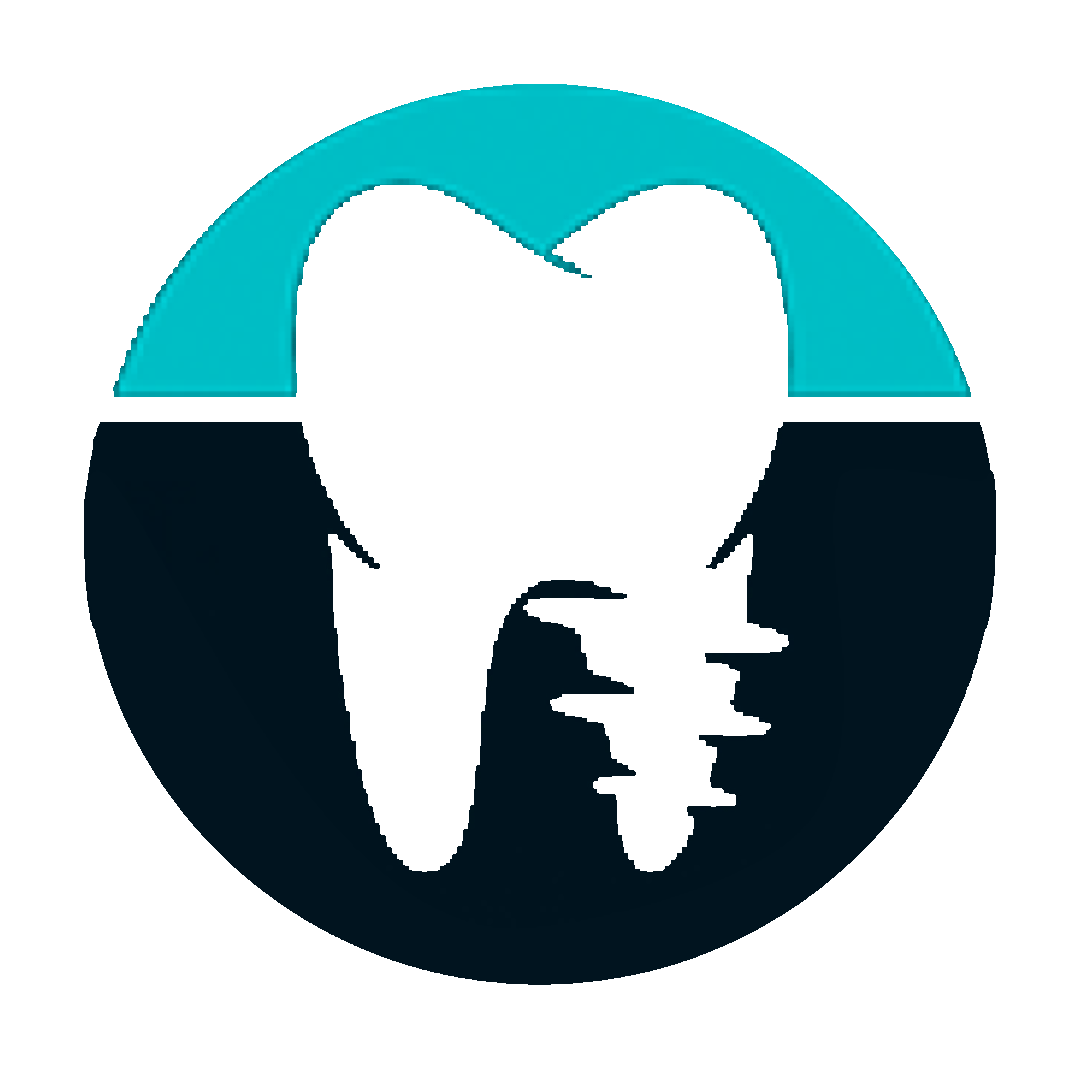Dental x-rays are images of your teeth that your dentist uses to assess your oral health. These X – rays are used with low radiation levels to capture images of the inside of the teeth and gums. This can help your dentist identify problems, such as cavities, tooth decay, and impacted teeth. Dental x-rays may seem complex, but they are pervasive tools that are as important as cleaning your teeth.
Why Do Dental X-Rays Take Place?
Dental X-rays are preferably taken once a year. X-Rays can be taken more often if the dentist monitors the progress of a dental problem or treatment. Factors that dictate how often dental x-rays are suggested by the dentists:
Your age
Your present oral health
Any symptoms of oral disease
A history of gum disease (gingivitis) or tooth decay
It is usually advised to undergo dental x-rays if you are a new patient, so that your new dentistcan get a clear idea of your oral health. This is important if you don’t have X -rays from your
previous dentist.
Children may need dental x-rays more often than adults because the dentists may need to observe the growth of their adult teeth. This is crucial because it can help the dentist regulate if baby teeth need to be pulled to prevent problems, such as adult teeth growing behind baby teeth.
Risks Of Dental X-Rays:
Although dental x-rays involve radiation, the exposure levels are so low that they are considered safe for children and adults. If your dentist uses digital x-rays instead of developing them on film, your risk of radiation exposure is even lower.
Your dentist will also be placing a lead “bib” on your chest, abdomen, and pelvic area to prevent unnecessary exposure to radiation from your vital organs. A thyroid collar can be used for thyroid conditions. Children and women of childbearing age can also wear them with the lead bib.
Pregnancy is an exception to the rule. All types of x-rays should be avoided by the women who are or think they are pregnant. Tell your dentist if you think you are pregnant, as radiation is not considered safe for developing fetuses.
Preparation For X-Rays Of The Teeth:
X-rays of the teeth do not require any special preparation. All you’ll want to do is brush your teeth before your appointment. It creates a more hygienic environment for people who work in the
mouth. X-rays are generally taken before cleaning.
At the dentist’s office, you’ll sit in a chair with a lead vest over your chest and lap. An x -ray machine is situated next to the head to record images of the mouth. Some dentists have a separate room for x-rays, while others take them in the same room as cleaning and other procedures.
Types of X-Rays:
Different types of dental x-rays will take moderately different views of your mouth. The most regular are intraoral x-rays, such as:
Bitewings- In this technique, you bite a special piece of paper so your dentist can see how well your crowns fit together. This is often used to look for spaces between teeth (interdental).
Occlusal- This x-ray is taken when your jaw is closed to see how your upper and lower teeth arealigned. It can also detect anatomical abnormalities of the floor of the mouth or palate.
This technique captures all of your teeth in one shot.
Panorama – With this type of X-ray, the device rotates around the head. Your dentist can use this technique to check your wisdom teeth, plan implanted dental appliances, or examine jaw issues.
Periapical- This technique focuses on two complete teeth from root to crown. A dental hygienist will guide you through every step of the X-ray process. During the X-ray, they can leave the room for a short time. You will be prompted not to move while recording images.The spacers (film holders), if used, will move and adjust in the mouth to obtain correct images.
After A Dental X-Ray:
When the images are ready immediately, in the case of digital x-rays, your dentist will be analyzing them and check for abnormalities. If a dental hygienist is brushing your teeth, the
dentist can examine the x-ray results with you after your brushing is complete. The exception is when the hygienist detects any significant problems during the X-ray.
If you need regular dental check-ups, Narrogin Dental clinic is for you. We assure you of a family-friendly atmosphere and services of the highest quality. Contact us today to book an appointment.
 Welcome to Narrogin Dental Group
Welcome to Narrogin Dental Group
